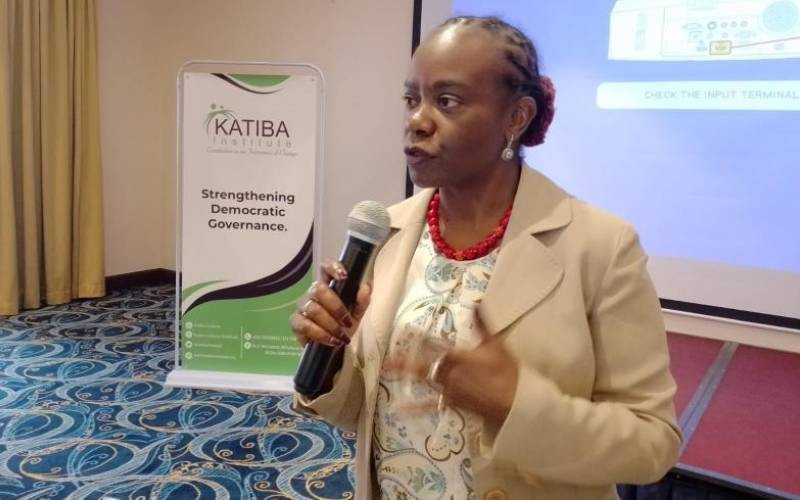×
The Standard e-Paper
Smart Minds Choose Us

The National Civil Society Conference has called on all relevant actors to urgently embark on interrogating and improving the electoral legal landscape in preparation for the 2027 elections.
Speakers at the two-day conference in Nakuru from June 26-27, which has brought together over 40 key non-state actors, have called for a rigorous analysis of the legal framework on elections.